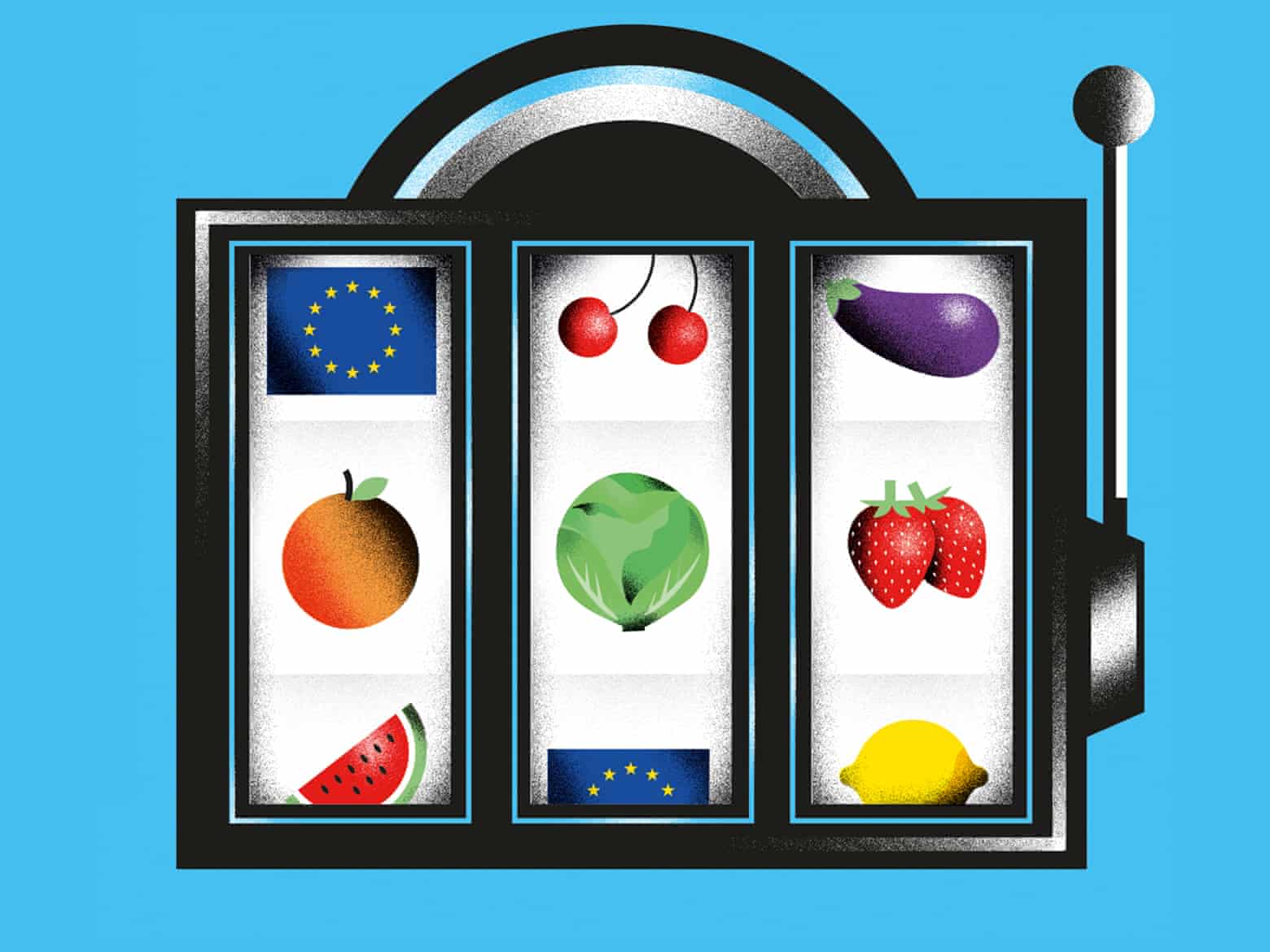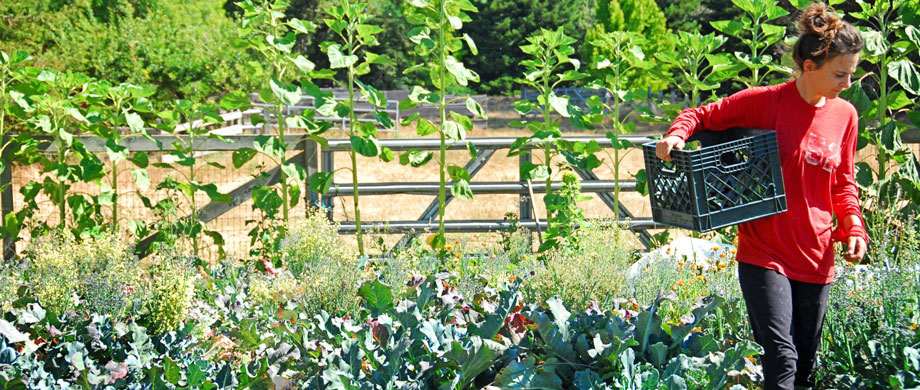We are no longer updating the Research Digest. All content remains.
The Permaculture Research Digest has summaries of newly published permaculture-related research. All items are
hyper-linked to the original publication.
The 'January 2013' archive contains 60 items published in 2012.
Items marked with a # have restricted public access, although abstracts are freely available.
Permaculture Research Digest
Wednesday, 29 March 2017
Supermarkets struggling to source salads in winter (online)
The supermarket food gamble may be up
In the past 40 years, a whole supermarket system has been built on the seductive illusion of Permanent Global Summer Time. As a result, a cornucopia of perpetual harvest is one of the key selling points that big stores have over rival retailers. If the enticing fresh produce section placed near the front of each store to draw you in starts looking a bit empty, we might not bother to shop there at all. But when you take into account climate change, the shortages of early 2017 look more like a taste of things to come than just a blip, and that is almost impossible for supermarkets to admit.
Climate resilient communities (report)
Last week the University of Dundee published a new report on Community Resilience to Climate Change, following action research in the Scottish Borders. The
team worked with three flood-prone communities in the Scottish Borders –
Hawick, Peebles and Newcastleton – to improve understanding and
approaches to building
climate resilience. By bringing members of the community together with
local authorities, policy makers and other stakeholders, they brought
about changes to a major flood scheme, increased understanding of the
social impacts of climate change and facilitated
new flood risk and renewable energy groups. The
research also highlighted the important impacts climate change may have
on the costs of living which may exacerbate issues for disadvantaged
communities.
30 agroecology profiles (online)
Agroecology is the science of applying ecological
concepts and principles to manage interactions between plants, animals,
humans and the environment for food security and nutrition. All over the world farmers already apply this approach, which has a fundamental pillar in traditional and local knowledge. FAO recognizes the importance of farmers managing
human and natural capital to improve food security, nutrition, and rural
development. Here are some examples of how farmers are acting as the
custodians of complex and innovative techniques that, through
agroecology, combine local knowledge, traditional products and
innovation. Each
profile provides a description of the agroecological approach applied
in that farm, the challenges faced and impacts of the agroecological
solutions.
Intro to agriculture and soil biodiversity (online)
This document introduces the connections between agriculture and soil biodiversity. Our agricultural activities exert an important
influence on the soil biota, their activities and diversity.
Clearing forested or grassland for cultivation drastically affects the
soil environment and hence reduces the number and species of soil
organisms. The reduction of quantity and quality of plant residues and
the number of higher plants species leads to a reduction in the range of
habitats and foods for soil organisms. Different types of agricultural practices and
systems affect the soil biota in different ways and the response may be either positive or negative depending on
which part of the soil is affected.
Wednesday, 8 March 2017
New website supports permaculture entrepreneurs (online)
A new website has been launched to support anyone interested in starting or expanding their own permaculture-inspired business. The website includes analysis of the current state of permaculture-inspired enterprise in the UK, case studies of successful businesses, simple toolkits to help new enterprises, and hints and tips from 20 leading permaculture entrepreneurs. The website is the result of the Knowledge Exchange for Entrepreneurship in Permaculture research project, conducted jointly by Kingston University and the Permaculture Association Britain, and funded by the Institute for Small Business and Enterprise.
Subscribe to:
Posts (Atom)





